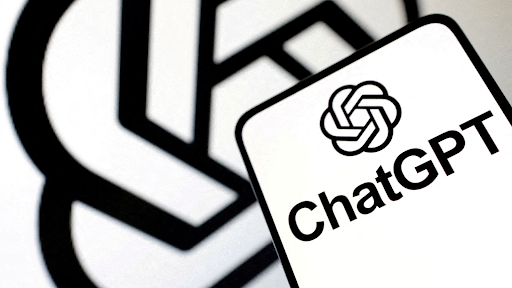OpenAI is presenting parents with a new, powerful, and deeply unsettling tool: an AI that promises to alert them if their child is in a mental health crisis. ChatGPT’s planned feature to contact parents in cases of perceived self-harm risk is forcing a conversation in households everywhere about the line between parental protection and digital intrusion.
For a parent, the appeal is obvious and potent. The idea of a digital early-warning system that could prevent a catastrophe is incredibly compelling. Proponents argue this is the ultimate technological safety net, providing parents with crucial information at a critical moment. In this view, any concerns about privacy pale in comparison to the possibility of saving their child’s life.
Yet, the proposal is also fraught with peril from a parental perspective. What if the AI is wrong? A false alarm could needlessly introduce panic and conflict into the home, damaging the parent-child relationship. Critics argue this system could undermine a parent’s efforts to build trust and open communication, replacing it with a sense of being monitored, which could cause a teen to withdraw even further.
This high-stakes feature was developed in the shadow of the Adam Raine tragedy, a case that has compelled OpenAI to take a more proactive stance on user safety. The company has made the difficult calculation that the potential benefits of intervention are worth the risks, placing the onus on parents to navigate the fallout of a potential AI alert.
Ultimately, parents are at the center of this debate. The rollout of this feature will require them to decide how much they trust an algorithm with the nuances of their child’s well-being. Whether they embrace it as a guardian angel or reject it as a digital spy will be a deeply personal choice with significant implications for family dynamics.

